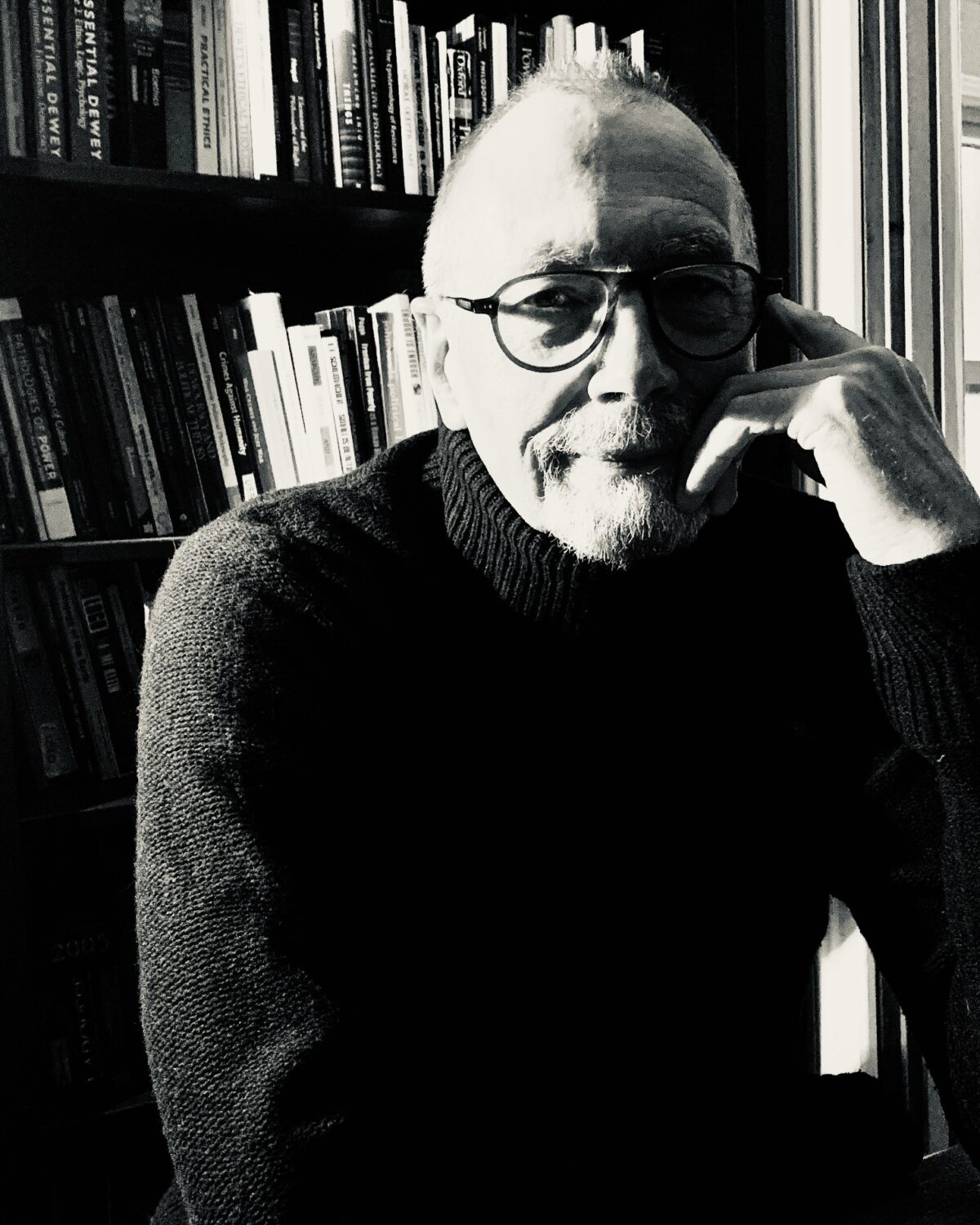
Prof. Graham Priest
Mercator-Fellow
Graham Priest is currently Distinguished Professor of Philosophy at the Graduate Center, City University of New York, Boyce Gibson Professor Emeritus at the University of Melbourne, and International Research Fellow at the Ruhr University of Bochum.
He is known for his work on non-classical logic, particularly in connection with dialetheism, on metaphysics, on the history of philosophy, and on Buddhist philosophy. He has published over 300 papers in nearly every major logic and philosophy journal. His books include: In Contradiction, Beyond the Limits of Thought, Introduction to Non-Classical Logic, Towards Non-Being, One, The Fifth Corner of Four and Capitalism—its Nature and its Replacement.
For further details, see https://grahampriest.net